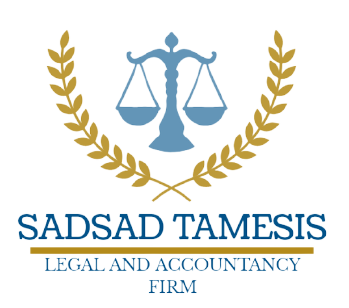The case of People of the Philippines v. Samiah S. Abdulah, G.R. No. 243941, reminds us that the Comprehensive Dangerous Drug Act of 2002 provides steps in the chain of custody that must be strictly followed in order to ensure the integrity and evidentiary value of seized items.
On November 20, 2014, at 1:30 PM, an informant reported to the District Anti-Illegal Drug of the Eastern Police District about two girls selling illegal drugs in Marikina City. Police Officer 3 Erich Joel Temporal (PO3 Temporal) was tasked to go with the informant to investigate. At the area, the informant introduced PO3 Temporal to EB and Samiah S. Abdulah (Abdulah), who were using code names at the time. The informant told the sellers that he was interested in buying shabu; however, EB and Abdulah told PO3 Temporal to return the next day, as they did not have shabu at the time.
A buy-bust team was formed accordingly, and PO3 Temporal was given a P500.00 bill to be used as buy-bust money. The team returned to the target area the next day. Abdulah then approached PO3 Temporal and asked about his order. The officer handed her the P500.00 bill, which she then passed to EB. EB placed the money in a sling bag and retrieved from it a small plastic sachet containing white crystalline substance, which she handed to the officer.
At this, PO3 immediately introduced himself as a police officer and apprehended Abdulah and EB. He seized the sling bag from EB, recovering the buy-bust money and another sachet of white crystalline substance.
Believing that the area was unsafe for being “a Muslim area,” the team brought Abdulah and EB to the barangay hall where they marked, inventoried, and photographed the seized items. This was witnessed by Barangay Tanod Reynaldo Garcia, Barangay Kagawad Francisco delos Santos, Abdulah, and EB.
Abdulah and a child in conflict with law (CICL) identified as “EB” were charged with violation of Section 5 of Republic Act No. 9165, and the trial court found the accused Samiah Abdulah and CICL EB guilty beyond reasonable doubt of the crime of Violation of Sec. 5, Article II, of R.A. 9165. Aggrieved, Abdulah appealed the decision and argued that the arresting authorities failed to comply with Section 21 of Republic Act No. 9165. She pointed out that the inventory and photographs were taken only at the barangay hall, without the presence of representatives from the media or the National Prosecution Service.
The Supreme Court agreed with the contentions of Abdulah and it reversed the decision of the trial court. The Supreme Court ruled that the chain of custody requirements as written in Section 21 of Republic Act No. 9165 ensures the integrity of the seized items. The integrity of the seized items cannot be trusted if there are procedural lapses in the chain of custody.
In this case, the buy-bust team did not mark the seized drugs immediately after Abdulah and EB’s arrest. Instead, they did so once they got to the barangay hall; they had refused to do it in the area of arrest because it was “a muslim area.”
The prosecutor’s attempt to justify the procedure lapse is too weak and enforces a bigoted view towards Muslim people. The team also failed to bring representatives of the media and the National Prosecution Service to serve as witnesses when they market the seized items; in fact, the team did not exert any effort into calling in these representatives.
Finally, the Supreme Court emphasized that in cases involving violations of the Comprehensive Dangerous Drugs Act, the prosecution cannot rely on the presumption of regularity in the performance of official duty to justify noncompliance with the law’s mandate. As long as there is still reasonable doubt on the accused’s culpability, he or she should continue to be presumed innocent. The presumption of innocence cannot be overcome by merely relying on the weakness of the defense, and the prosecution’s duty to prove the accused’s criminal liability must rise or fall upon its own merits.
Thus, Samiah S. Absulah was ACQUITTED by the Supreme Court for the prosecution’s failure to prove her guilt beyond reasonable doubt. She was then released from detention.

